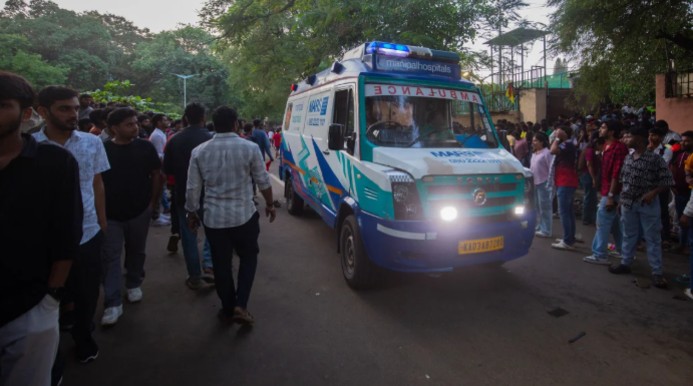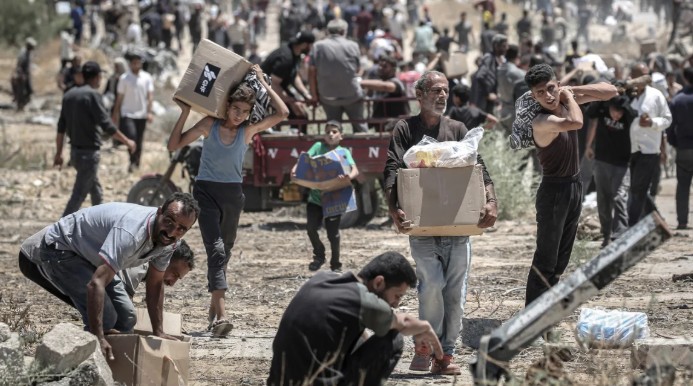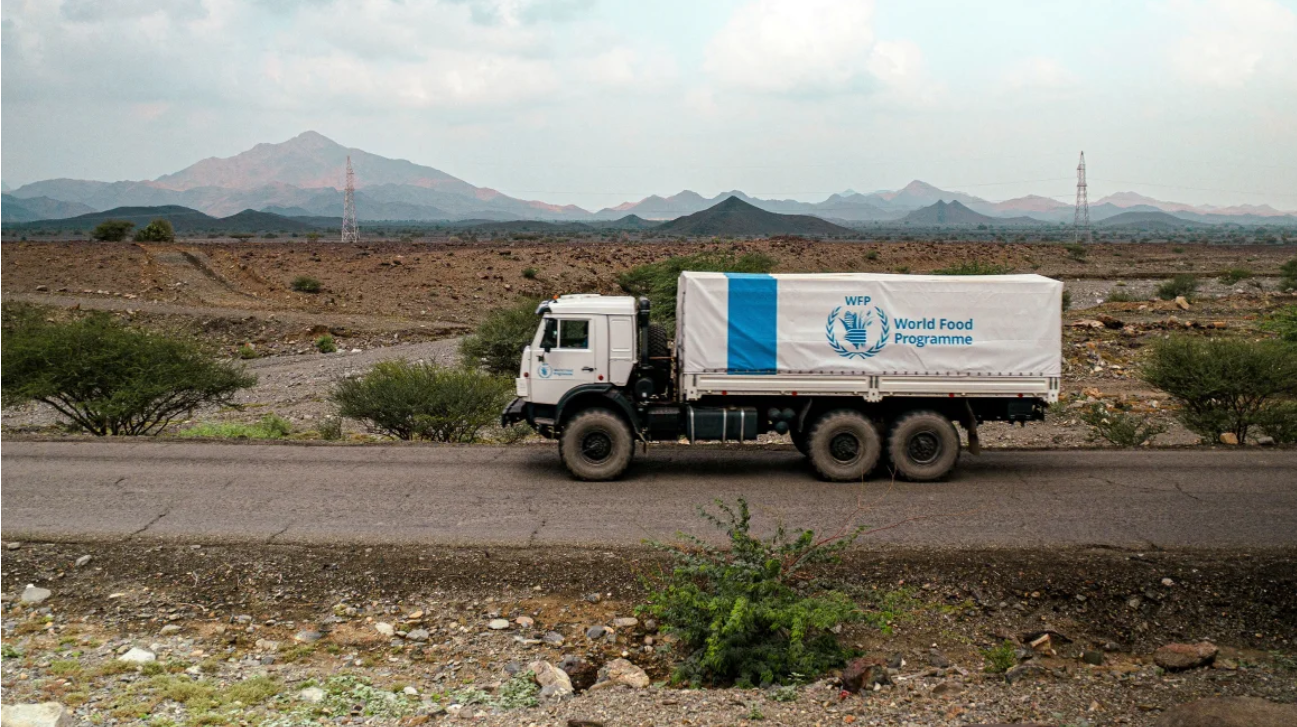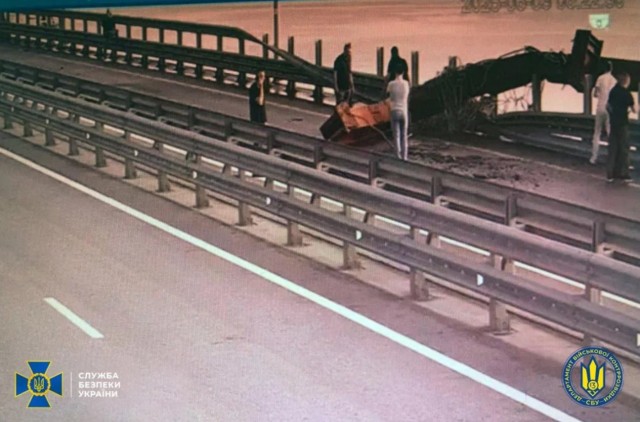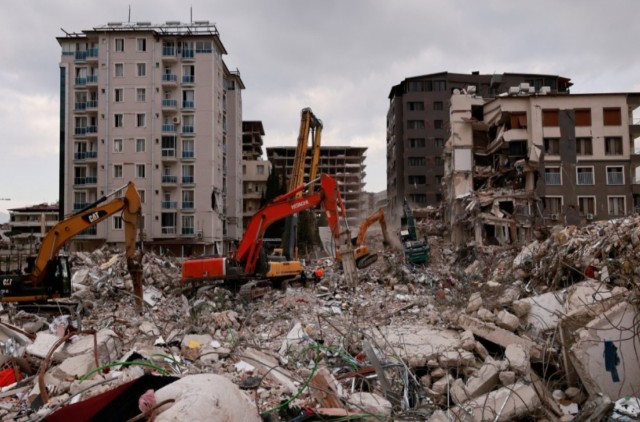
Israel said Monday's attack on Yemen is a response to the Houthis attack on Ben Gurion airport on Sunday
Israel launched targeted airstrikes in Yemen on Monday, striking key Houthi-controlled sites. This came just a day after a missile was fired near Ben Gurion Airport in Tel Aviv. The missile, launched by the Iran-backed Houthi rebels, landed near the main terminal, injuring six people. Four were wounded by the explosion, and two others were hurt while rushing to a shelter.
Israeli Strikes Hit Strategic Locations
In response, the Israel Defense Forces (IDF) confirmed airstrikes on multiple Houthi targets. The strikes focused on Hudaydah Port and the Bajil cement factory. The IDF stated these locations were central to the group’s supply chain.
The Bajil cement plant, located east of Hudaydah, was described by the IDF as a vital economic hub. It was reportedly used by the Houthis to build tunnels and underground infrastructure. The targeted port facilities were also allegedly involved in the transfer of weapons from Iran.
Houthis Vow More Attacks on Israeli Airports
Following the Ben Gurion missile launch, Houthi leaders threatened to intensify their campaign. They declared their intention to impose an “aerial blockade” on Israel by launching more attacks on airports.
A spokesperson for the Houthis’ health ministry, Anees al-Asbahi, claimed 21 people were injured in Monday’s strikes. He also labeled the attacks as a “joint US-Israeli aggression.” However, a US defense official denied American involvement, stating clearly: “US forces did not participate in the Israeli strikes on Yemen today.”
Heavy Bombing Reported in Hudaydah
Residents in Hudaydah described intense bombing overnight. According to Reuters, more than 10 strikes hit the port and residential areas of al-Salakhanah and al-Hawak. Four additional strikes were aimed at the cement factory.
Hudaydah Port plays a crucial role in Yemen’s economy. It handles around 80% of the country's food imports and is the second-largest Red Sea port after Aden. Any disruption there could severely impact humanitarian aid and food supplies in Yemen.
Netanyahu Vows Continued Military Action
In a strong statement, Israeli Prime Minister Benjamin Netanyahu warned of further retaliation. “We attacked in the past, we will attack in the future,” he declared after the strikes.
Meanwhile, Iran attempted to distance itself from the missile attack near Tel Aviv. Officials there said the decision was made independently by the Houthis. Despite this claim, Israel continues to link the group to Iranian
support and weapon supply.
Wider Conflict Threatens Regional Stability
The US has been conducting its own airstrikes on Houthi positions in Yemen, separate from Israeli operations. These strikes were first approved under President Joe Biden and have continued into Donald Trump’s current administration.
Tensions in Yemen have already been high. Just last month, the Houthis accused the US of killing 68 African migrants in an airstrike on a detention center in north-west Yemen.
A Growing Crisis in the Red Sea Region
This latest exchange marks an escalation in the ongoing regional conflict. The involvement of major powers like the US and Israel, coupled with Iran’s backing of the Houthis, raises fears of a wider Middle Eastern war.
As diplomatic efforts stall, the Red Sea remains a flashpoint. The ongoing strikes, blockades, and threats now risk not only worsening Yemen’s humanitarian crisis but also destabilizing a broader region already on edge.
Will cooler heads prevail, or are we witnessing the early stages of a deeper conflict?





